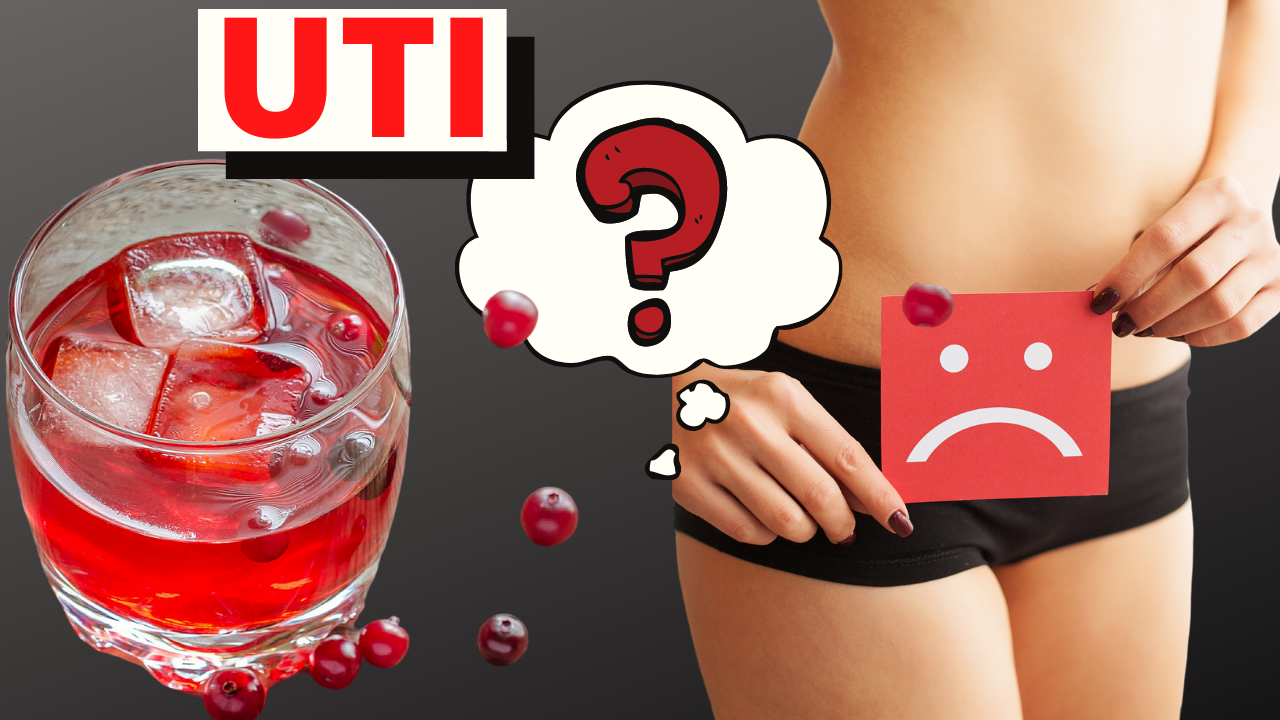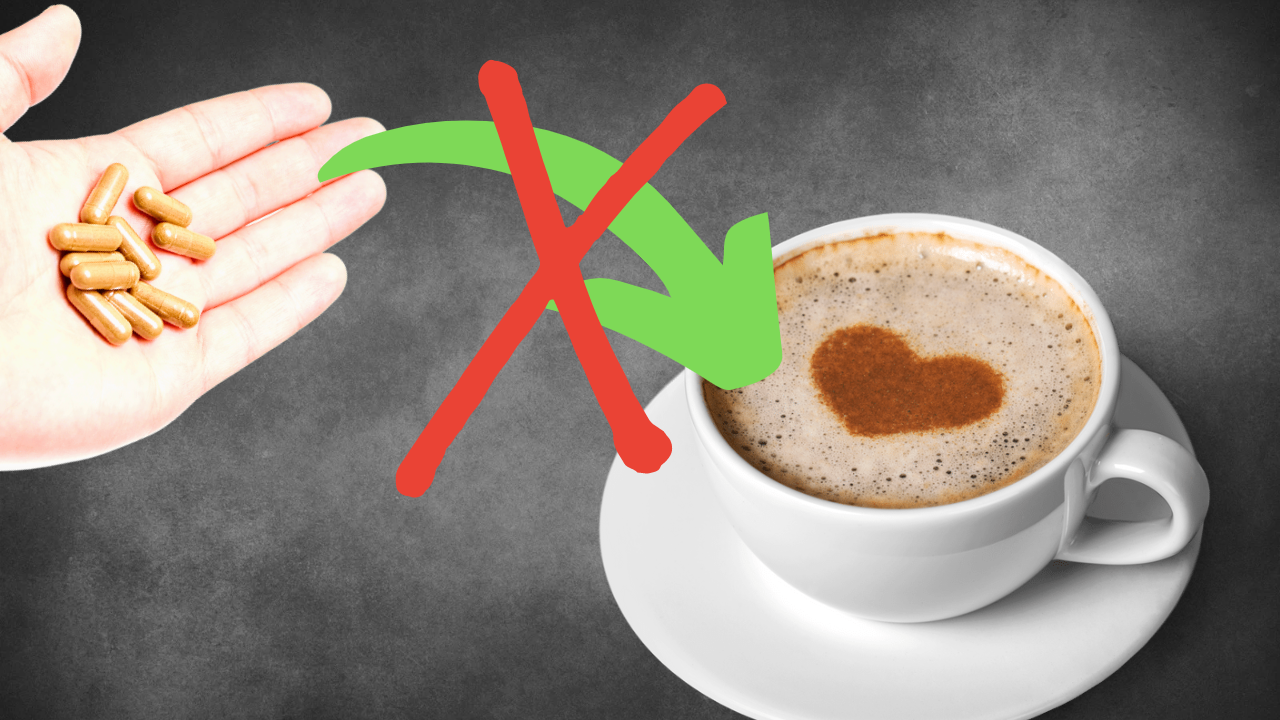Do you have to wake you up in the middle of the night, run to the bathroom constantly, have pain in your lower abdomen, and have a terrible burning while peeing. You probably have UTI also known as Urinary tract infection.
This article is then for you as we examine whether cranberry juice or supplements can help prevent UTI’s.
What are urinary tract infections?
They are one of the most common bacterial infections that women can develop — as many as 5–60% of women will develop at least one over their lifetime.
Urinary tract infections, also called “UTIs,” are infections that affect either the bladder or the kidneys:
They happen when bacteria get into the urethra and travel up into the bladder. The medical term for bladder infection is “cystitis”. However, if the bacteria travel further up the ureter into the kidneys, you have a kidney infection.
The medical term for kidney infection is “pyelonephritis.”
Both bladder and kidney infections are more common in women than men and women are at a higher risk for UTIs. The reason for this is the shorter distance from the anus to the urethra as well as the shorter length of the urethra in women. The bacteria need to travel a shorter distance to infect the bladder.
What are causes and risk factors for UTIs?
- Recent sexual intercourse
- History of UTIs[
- Use of spermicide-coated condoms, diaphragms, and spermicides
- Anatomical or functional abnormalities of the urinary tract
- Having an indwelling catheter
- Co-morbidities, such as diabetes mellitus
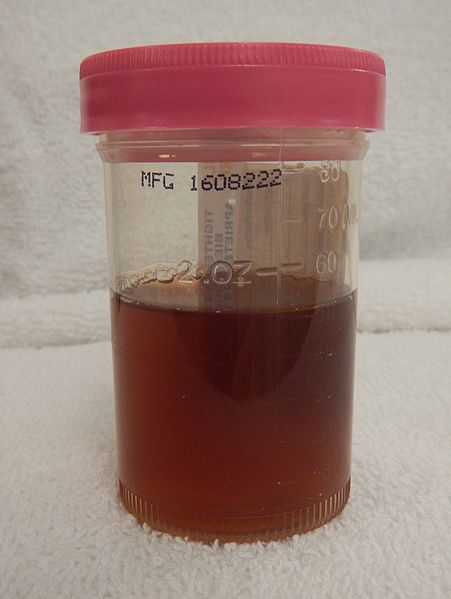
What are the symptoms of a bladder infection?
- Pain or a burning feeling when you urinate
- The need to urinate often
- The need to urinate suddenly or in a hurry
- Blood in the urine
- Other symptoms include:
- Fever (>99.9°F/37.7°C)
- Chills, rigors,
- Feeling tired and fatigued beyond baseline
- Flank pain, in men pelvic or perineal pain
- And in older adults increased confusion (also called delirium)
- Worsening functional status, worse than the patient’s baseline
Can Cranberries help with UTIs?
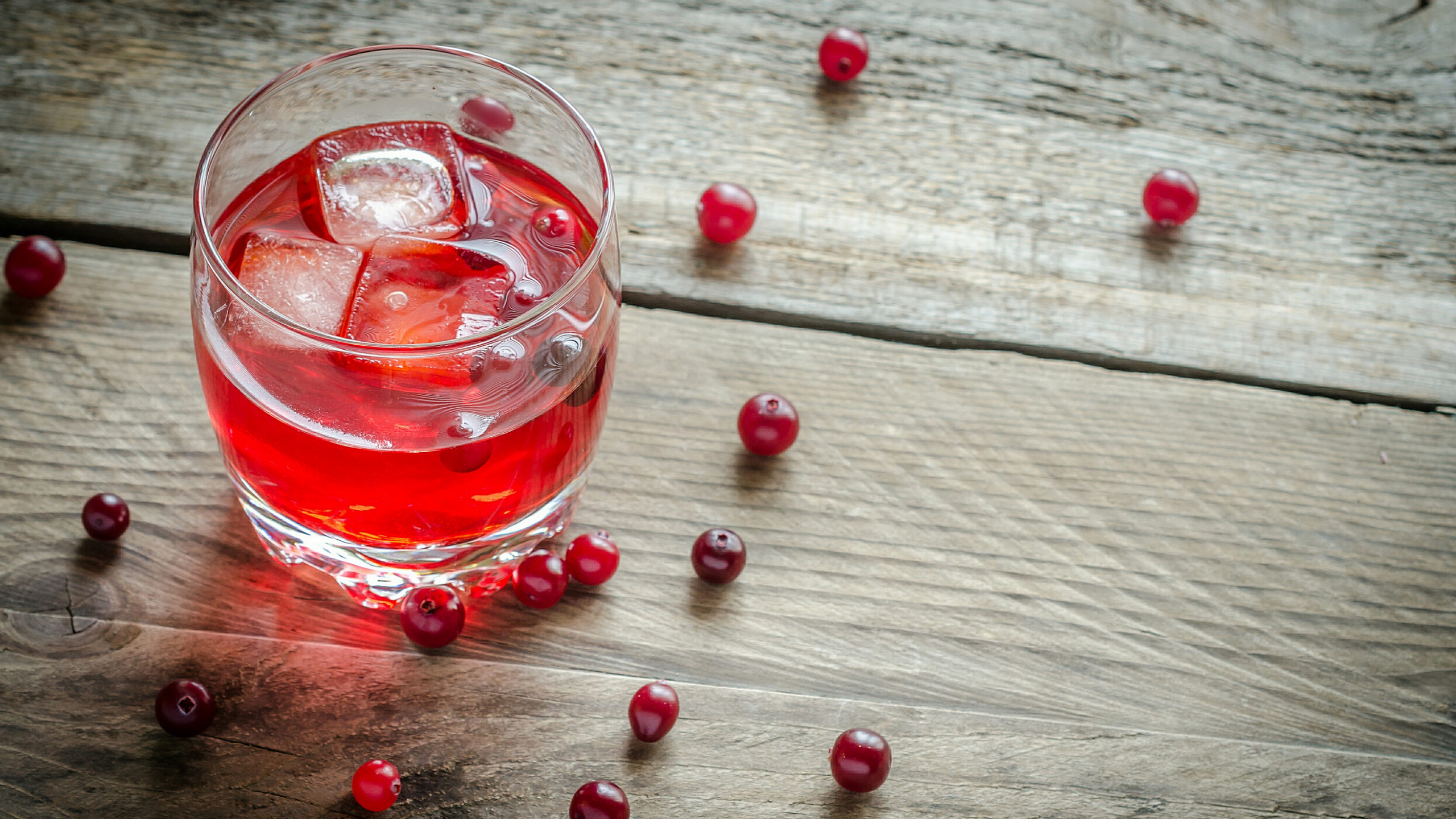
If you go looking for a study that will tell you, definitively, whether cranberries will help prevent a UTI, you will find mixed results.
In a meta-analysis (statistical analysis that combines the results of multiple scientific studies) of nine randomized trials, It showed a decreased risk of UTI among patients who used cranberry products compared with control patients. This reduction was even more profound in patients with recurrent UTIs. Before you can excited saying I knew that Cranberry products help with UTIs a word of caution. The meta-analysis was limited by lack of appropriate controls in several studies, extensive variability in dosing and administration of cranberry products.
So where did we get reports that cranberry products have a beneficial effect with UTIs. Lab studies in petri dishes (medically we refer to this type of testing as in vitro) have demonstrated that cranberry juice inhibits bacteria from sticking to the urethra lining. One of these mediators is a substance called proanthocyanins (also called PACS), which prevent bacteria such a E-coli from sticking to the urethra.
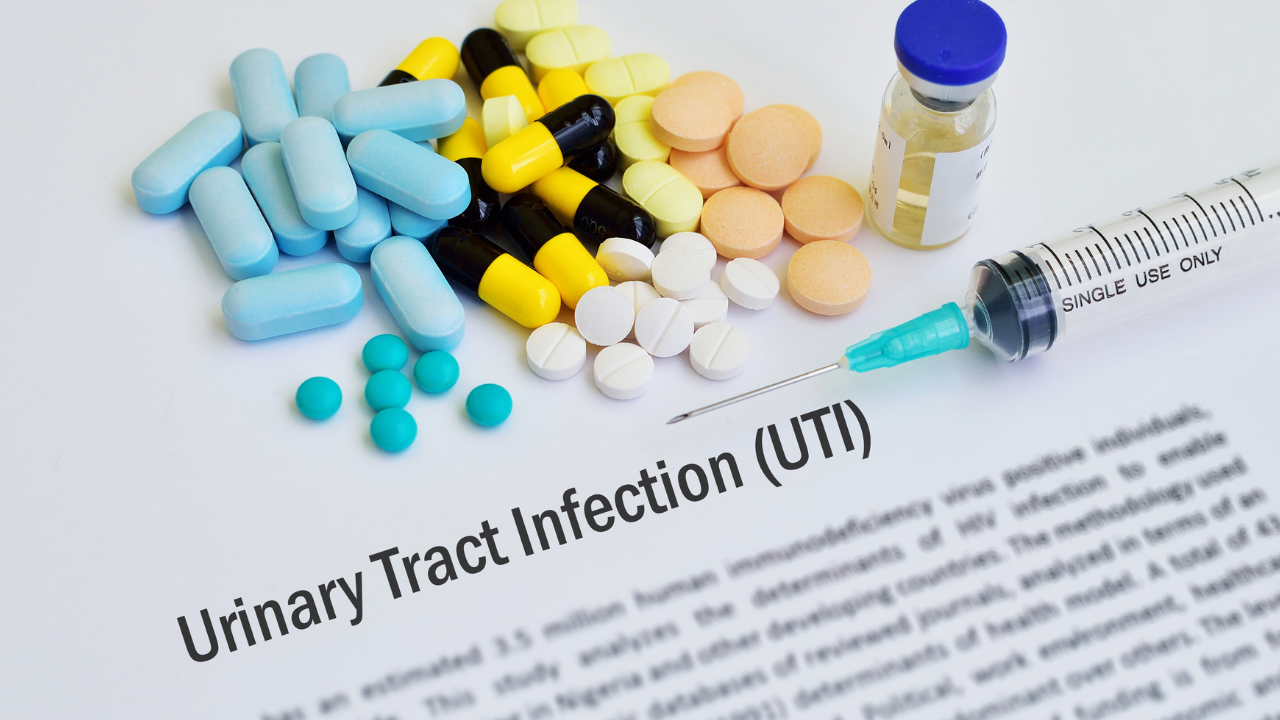
Should we now go ahead and drink cranberry juice as we know that it creates an acidic environment which would make it less hospitable for bacteria. Well, not so fast. It must be noted that fruit juices can be high in sugar content, which is a consideration that may limit use in diabetic patients. One cup of sweetened cranberry juice may contain nearly 30 grams of sugar, which exceeds the recommended daily sugar intake of 25 grams per day for women. There may also be an increased likelihood of GI side effects such as heartburn with cranberry juice, as suggested by some studies
In 2019 the Journal of Urology published a list of recommendations suggesting that cranberry can be used as a preventive measure for women with recurrent UTIs. So how much of these PACs can be taken? A study in 2010 concluded that it may be beneficial to consume cranberry in two split doses of 36 mg in the morning and evening. There are other recommendations and studies who have not supported a dose or intake frequency. My general recommendation would be for women with recurrent UTIs who are already using cranberry or who are interested in trying cranberry products and can tolerate it, there is likely little harm using them.
So, you are asking yourself why doctors are not recommending antibiotics for the prevention of UTIs. There has been a growing concern regarding antibiotic resistance in the setting of recurrent UTIs. That is why there is this push in the scientific community to study non-antibiotic modalities in the prevention of recurrent UTIs.
What are other ways to prevent recurrent UTIs?
-
Drink plenty of water, to dilute the urine to keep it getting too concentrated. In that way you are decreasing the concentration of bacteria.
- Pee after sex, which can wash out harmful bacteria
- In postmenopausal women, because of vaginal dryness, which can increase the likelihood of an UTI, use a vaginal moisturizer is recommended.
- Wipe from front to back.
- Avoid the use of spermicide contraceptives.
Unfortunately, if you do have an UTI diagnosed by your doctor he/she will place you on a specific antibiotic usually after getting a urine analysis & urine culture. When you start antibiotics for a UTI you should feel some improvement within the first 12 – 24 hours. However, your bladder will still be raw and tender while it heals so it may take a few days for symptoms like the bladder spasms that cause urinary urgency (having to pee suddenly) to improve.
Have a good day and Think your Health! Check the YT video here.
Sources:



